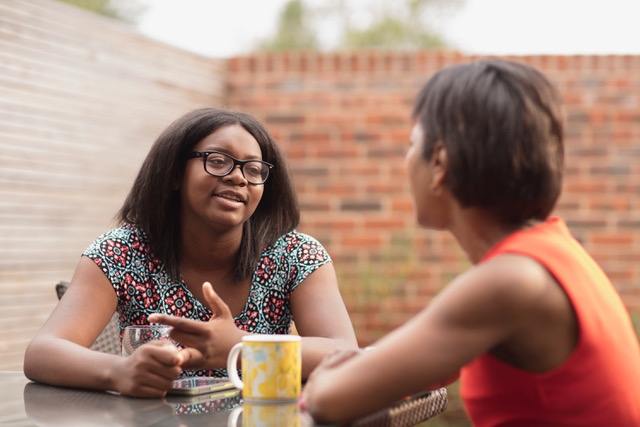What Is Personal Development Anyway?
It’s Elizabeth and I’m delighted to once again be invited to guest blog on the UIO podcast page.
This week I will be talking about personal development, a topic that will be covered also in our upcoming podcast in December.
Personal development is an often used but rarely explained term. For me, the term refers to investing in myself so that I can manage myself effectively regardless of what life might bring my way. Personal development has allowed me to be proactive and rather than wait for good things to happen, I try to get out there as much as possible and make them happen.
An example of this was the time I was made redundant from a high profile role in I.T. while on maternity leave with my first child. Initially, I was devastated and didn’t have a clue what to do. What would we do for money? How would we pay the bills? Would anyone else want to employ me? Would I have to cut my precious maternity leave short? The worries seemed endless.
Fortunately, I had just read an article on personal development and as an already optimistic person whose ‘glass is always half full,’ I decided to take this situation as a positive, rather than a negative, opportunity and used the time to reflect personally about what it was I actually wanted to do with my life – possibly for the first time ever.
I decided I wanted to become self employed and do a role whereby I could not only earn enough financially, but also work around my baby and enjoy spending the cherished early years together. I then retrained to do exactly that. It hasn’t always been easy and I’ve had my fair share of struggles, but I haven’t looked back since. I now work around both my beloved children and I’m doing something I actually really enjoy.
Personal development therefore begins with self awareness– know who you are and be it!
As we approach the New Year, like most people, I use it as an opportunity to set my ‘New Year resolutions.’ In so doing, I feel it is just as important to have a plan to realise my goal, as it is to know what it is I actually want to achieve.
An example of this is my yearly quest to set about losing weight! More often than not, my good intentions only lasted until the end of January (if that sometimes!), as I never had a plan to help me achieve it. Simply stating “I will lose weight” isn’t going to get the job done! With this in mind, last year I devised a course of action and by mapping out details specifically, I actually achieved my goal.
Personal development therefore continues with having a plan – know what you want and go out and get it!
To conclude therefore, my journey to self awareness has led me to understand that personal development is about taking the time and, making the commitment, to invest in my greatest resource–me. I think that when I put effort into developing myself on a personal level, the rewards can be amazing. I may not always achieve my goal, but I genuinely feel that I am experiencing a richer and more rewarding life by committing to pursuing my own objectives.
So, don’t be put off because the results are not always the desired outcome but do remember that to achieve what you want in life is to know that the key to success lies in the ability to manage yourself in a variety of situations. That ability comes through making a commitment to personal development and I firmly believe that this is the first step on the path to personal fulfilment.



